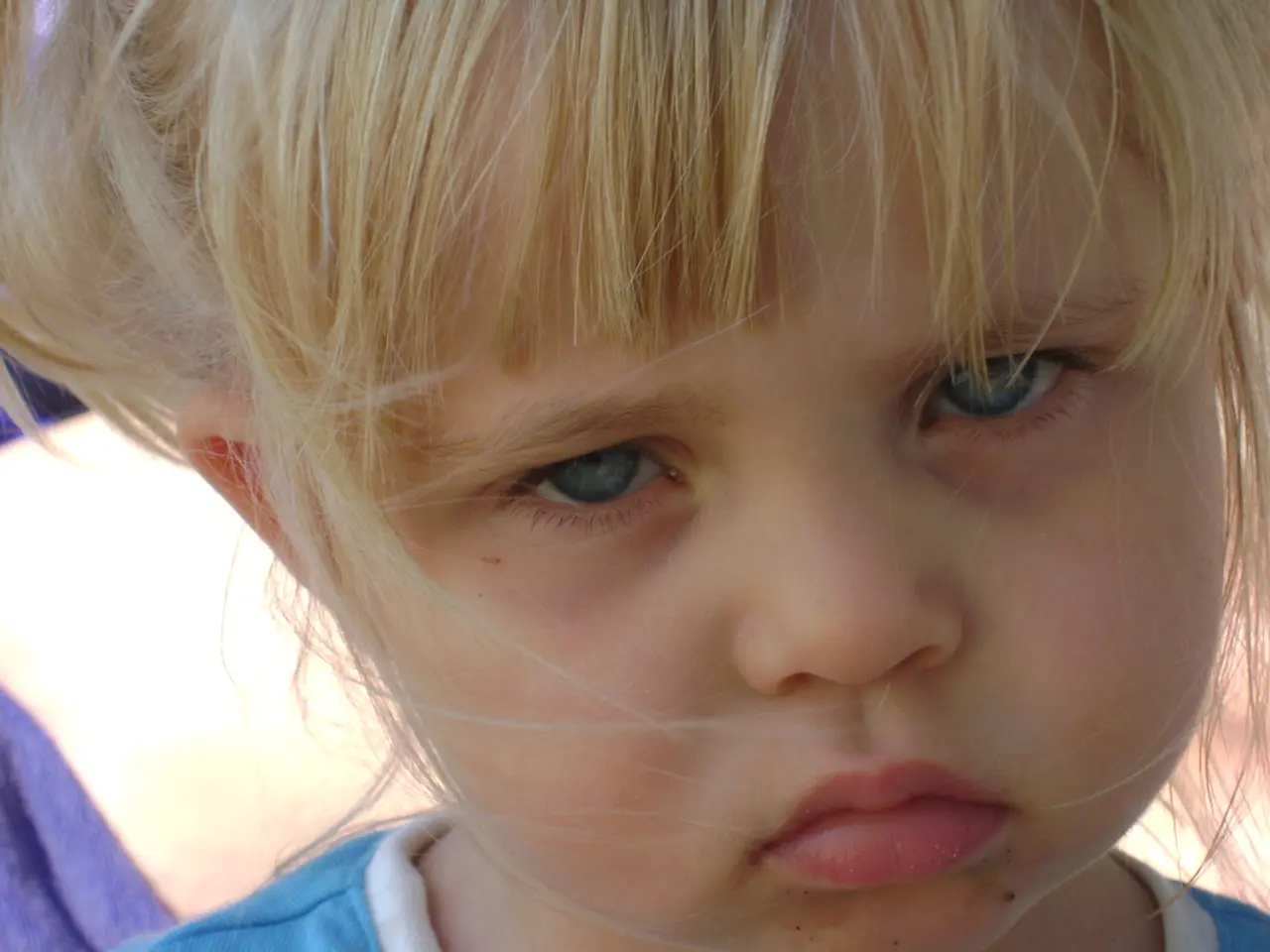Exploring the Child Rights Act: A Comprehensive Handbook for Nigerian Guardians
The Child Rights Act (CRA), a Nigerian legislation enacted in 2003, aims to ensure that every child in the country has access to education, healthcare, and protection against abuse, neglect, and exploitation. However, the current status and implementation of the CRA in Sharia states face complexities due to legal, social, and cultural factors.
**Current Status**
While the CRA has been passed by 36 states and the Federal Capital Territory (FCT), only 26 have officially gazetted it. In several Sharia states, the Act has not been fully domesticated or officially published, limiting its legal enforceability.
**Key Challenges**
1. **Legal Domestication and Gazetting:** Many Sharia states have not fully domesticated or gazetted the CRA, making its provisions legally ambiguous and difficult to enforce. 2. **Conflicts with Sharia Law:** There are perceived and real conflicts between the CRA and Sharia law, particularly regarding child marriage, guardianship, and inheritance. This leads to resistance among traditional and religious leaders, and uncertainty among law enforcement and judicial officers. 3. **Cultural Practices and Norms:** Deeply entrenched cultural practices, such as early marriage and child labor, continue to undermine the CRA’s objectives. Poverty and lack of education further entrench these practices, making reforms difficult. 4. **Weak Institutional Capacity:** There is a shortage of specialized family courts and trained personnel to handle child rights cases. Legal practitioners and law enforcement officials often lack awareness or understanding of the CRA, leading to inconsistent application. 5. **Socioeconomic Barriers:** High poverty rates, insecurity, and displacement, especially in northern Nigeria, exacerbate the challenges. Many children are out of school, exposed to violence, or forced into labor, all of which are violations the CRA aims to address. 6. **Awareness and Reporting:** While awareness of the CRA is growing, many cases go unreported due to fear of stigma, lack of trust in authorities, or ignorance of legal rights. Courts often become congested, and the process is slow, discouraging victims and their families from seeking justice.
**Summary**
| Challenge Area | Status in Sharia States | Description | |-------------------------------|----------------------------------------|-----------------------------------------------------------------------------| | Legal Domestication | Incomplete in many states | CRA not fully domesticated or gazetted | | Conflict with Sharia Law | Ongoing and significant | Perceived conflicts on marriage, custody, inheritance | | Cultural Practices | Persistent barriers | Early marriage, child labor, and other harmful practices prevail | | Institutional Capacity | Weak | Few family courts, untrained officials | | Socioeconomic Barriers | High | Poverty, displacement, insecurity, out-of-school children | | Awareness and Reporting | Low to moderate | Cases underreported, courts congested, slow process |
**Conclusion**
The implementation of the Child Rights Act in Sharia states in Nigeria remains inconsistent and fraught with challenges. To improve protection for children’s rights and ensure compliance with both national and international standards, legal, cultural, and institutional barriers must be addressed.
Parents and caregivers bear the responsibility of enrolling their children in school and ensuring they receive appropriate medical attention. The CRA prohibits child labor and exploitation, and children are forbidden from participating in any economic activities before the age of 12.
The CRA also acknowledges that certain children may engage in criminal behavior due to their circumstances and emphasizes their rehabilitation and reintegration. Parents are encouraged to support this process where possible.
Collaboration between parents, government agencies, and civil society organizations is crucial in promoting and enforcing the Child Rights Act. The Act sets the legal age of marriage for both boys and girls at 18 years. Education and awareness about the CRA are essential to ensure its effective implementation and the protection of every child's rights in Nigeria.
- Parents and caregivers have a responsibility to ensure their children's access to education and healthcare as outlined in the Child Rights Act (CRA).
- The CRA also emphasizes the importance of protection against child labor and exploitation, prohibiting children from engaging in any economic activities before the age of 12.
- While the CRA aims to address criminal behavior in children through rehabilitation and reintegration, it is crucial for parents to support this process where possible.
- To effectively implement the CRA and protect every child's rights, collaboration between parents, government agencies, and civil society organizations is essential.
- Education and self-development, both for parents and children, are key to understanding and adhering to the provisions of the CRA.
- The implementation of the CRA in Sharia states is fraught with challenges such as legal ambiguity, conflicts with Sharia law, cultural obstacles, weak institutional capacity, socioeconomic barriers, and low awareness and reporting of violations.
- Personal growth and learning are important for families and communities to evolve and create an environment that fosters children's rights, as mentioned in the CRA, including their health, education, and safety.




